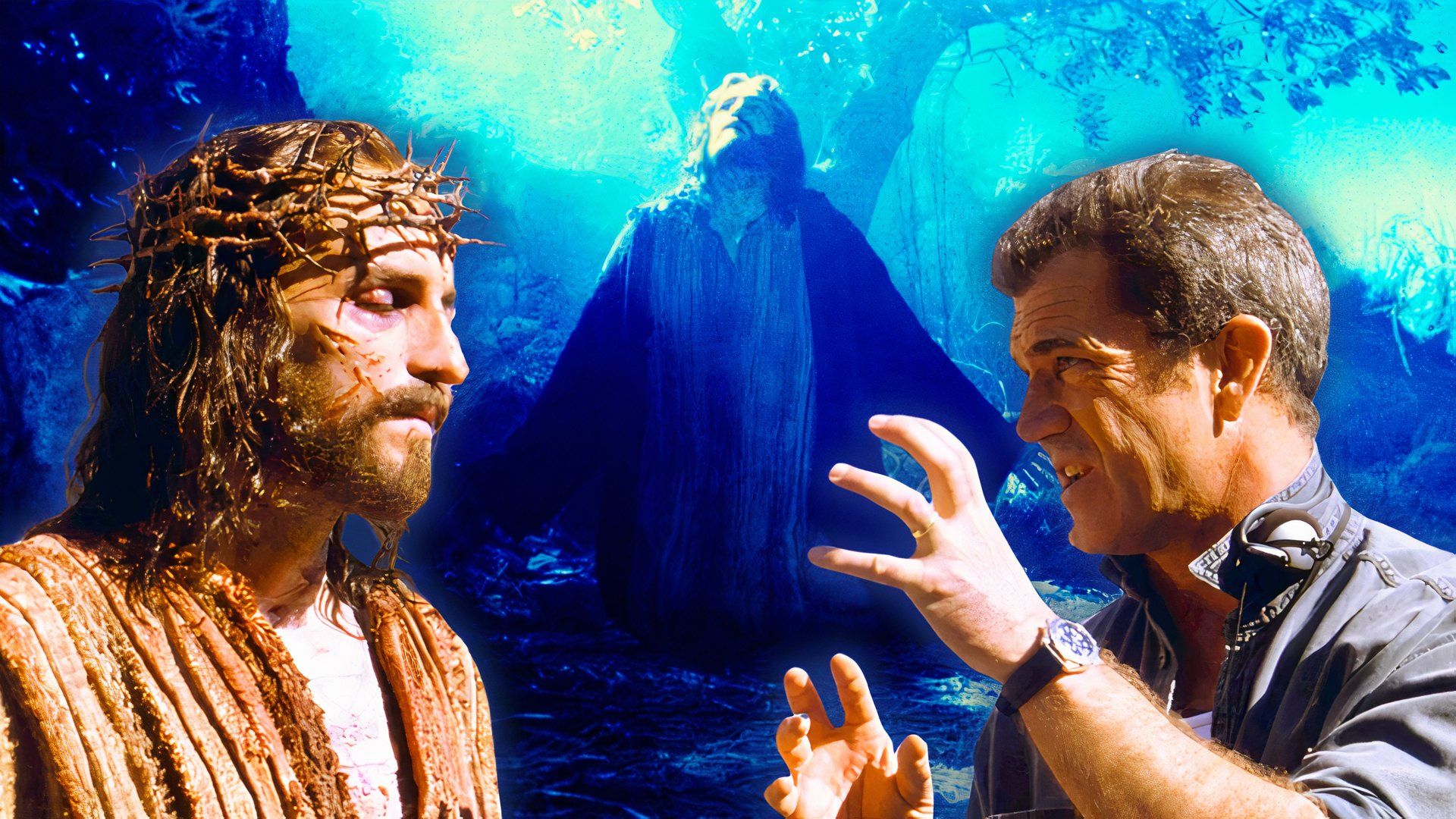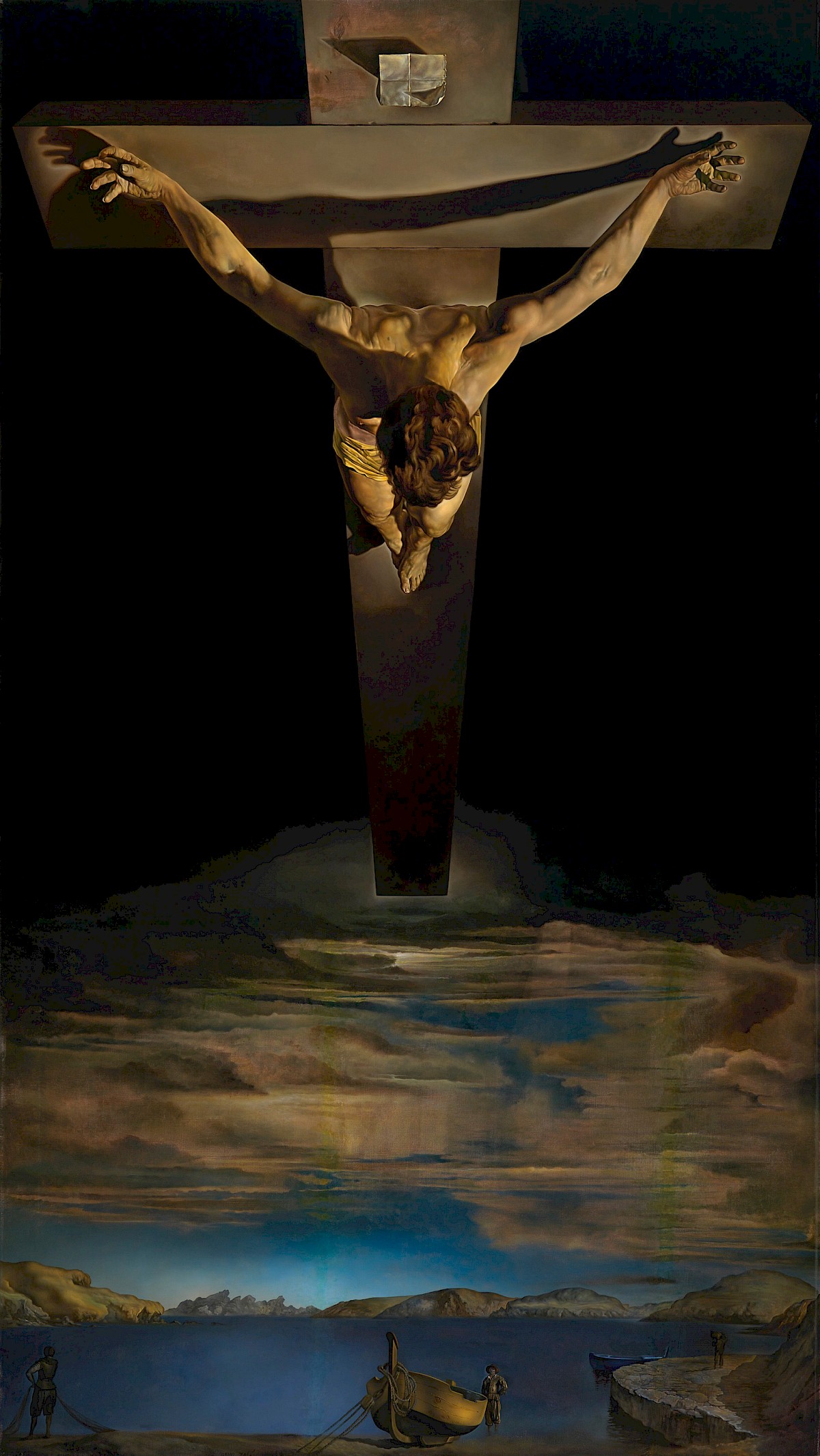Mel Gibson's The Passion: A Cinematic Journey That Ignites Controversy And Faith
When Mel Gibson's "The Passion of The Christ" hit theaters in 2004, it wasn't just another movie—it was a cultural phenomenon that sparked intense debates worldwide. This film wasn't your typical Hollywood blockbuster; it was a raw, unfiltered depiction of Jesus Christ's final hours that left audiences stunned and deeply moved. From its stunning visuals to its controversial content, this movie remains one of the most talked-about religious films in cinema history.
Let's rewind for a sec. Mel Gibson wasn't exactly a newcomer to the film industry when he decided to take on this massive project. Known for his action-packed roles in movies like "Mad Max" and "Braveheart," Gibson brought a unique perspective to this religious epic. But this wasn't just another acting gig for him; it was a deeply personal passion project that he poured his heart and soul into.
What made "The Passion" stand out wasn't just its gripping storyline or stunning cinematography. It was the sheer audacity of its content. Filmed entirely in Aramaic and Latin, with subtitles for the English-speaking audience, it challenged conventional Hollywood norms. This wasn't your average Sunday sermon; it was a cinematic experience that demanded attention and respect.
- Is Taylor Swift Engaged The Inside Scoop Youve Been Waiting For
- Meet The Incredible Actors In Wonder Woman Movie Who Brought The Story To Life
The Passion of the Christ: Mel Gibson's Vision
So, what exactly was Mel Gibson trying to achieve with "The Passion"? At its core, this film was a deeply personal expression of Gibson's faith. He wanted to create a movie that would bring the story of Jesus Christ to life in a way that had never been done before. And let me tell ya, he didn't hold back. The movie's graphic depiction of Christ's suffering was unlike anything audiences had seen in mainstream cinema.
But it wasn't just about the violence. Gibson aimed to capture the emotional and spiritual intensity of Christ's journey. Every frame, every scene, was meticulously crafted to convey the weight of the sacrifice made on Calvary. This wasn't just a movie; it was an experience that left viewers questioning their own beliefs and values.
Why Did Mel Gibson Make This Movie?
Let's get real for a moment. Mel Gibson wasn't exactly the most conventional choice to helm a religious epic. Known for his larger-than-life persona and edgy filmography, he brought a unique perspective to this project. For Gibson, this movie wasn't just a career move; it was a labor of love. He poured his own money into the production, risking his reputation and financial security to bring this vision to life.
- West Side Story 2020 Cast A Fresh Take On Broadways Timeless Classic
- Monica Bellucci The Iconic Beauty Who Stole Hearts Worldwide
Why did he do it? Because he believed in the story. He believed in the power of faith to transform lives. And he believed that cinema could be a powerful tool for conveying spiritual truths. This movie wasn't just about entertaining audiences; it was about challenging them to rethink their understanding of faith and redemption.
The Film's Impact on Popular Culture
When "The Passion" hit theaters, it wasn't just another movie release. It was a cultural event that captured the world's attention. The film grossed over $600 million worldwide, making it one of the highest-grossing R-rated films in history. But its impact went far beyond box office numbers.
It sparked intense debates about religious representation in media, the role of violence in storytelling, and the intersection of faith and entertainment. Critics were divided, with some praising its artistic merits and others criticizing its graphic content. But one thing was clear: Mel Gibson had created a movie that would be remembered for years to come.
Controversy Surrounding The Passion
Let's talk about the elephant in the room. "The Passion" wasn't just praised; it was also heavily criticized. Some accused the film of perpetuating anti-Semitic stereotypes, while others praised it for its historical accuracy. The debate raged on, with religious leaders, academics, and moviegoers weighing in on both sides.
Gibson himself faced backlash for his outspoken views on religion and politics. But through it all, he stood by his vision, insisting that the film was a faithful representation of the Gospels. Whether you loved it or hated it, there's no denying that "The Passion" sparked some serious conversations about faith, history, and representation in media.
Mel Gibson: The Man Behind the Camera
Before we dive deeper into the movie, let's take a moment to explore the man behind the camera. Mel Gibson is no stranger to controversy, both on and off the screen. Born on January 3, 1956, in Peekskill, New York, he grew up in a devout Catholic family that moved to Australia when he was a child.
Throughout his career, Gibson has been known for his fearless approach to filmmaking. From directing "Braveheart" to producing "Hacksaw Ridge," he's never shied away from tackling challenging subjects. But "The Passion" was different. It was a deeply personal project that required him to confront his own beliefs and values.
Mel Gibson's Personal Journey
Let's talk about the man behind the megaphone. Gibson's faith has always been a central part of his life, shaping his worldview and influencing his career choices. When he decided to make "The Passion," he wasn't just creating a movie; he was sharing a part of himself with the world.
This wasn't just another Hollywood project for him. It was a deeply personal expression of his faith, one that required him to confront his own doubts and fears. Through it all, he remained committed to his vision, even when faced with criticism and backlash. This movie wasn't just about entertainment; it was about truth, and Gibson wasn't afraid to pursue it.
The Making of The Passion
So, how exactly did Mel Gibson bring this epic to life? The production process was nothing short of extraordinary. Filmed on location in Italy, the movie utilized a cast of non-professional actors, many of whom spoke Aramaic and Latin as their native languages. This added an authenticity to the performances that was hard to replicate.
The film's visual effects were equally impressive. From the stunning landscapes of the Holy Land to the brutal depiction of Christ's suffering, every scene was meticulously crafted to convey the emotional weight of the story. This wasn't just another movie set; it was a living, breathing world that transported audiences to another time and place.
Key Cast and Crew
Let's give a shoutout to the incredible talent behind the scenes. Jim Caviezel, who played Jesus, brought a depth and intensity to the role that was both mesmerizing and heart-wrenching. Maia Morgenstern, who portrayed Mary, delivered a performance that was both powerful and poignant.
But it wasn't just the actors who shone. The entire crew, from the cinematographers to the costume designers, worked tirelessly to bring Gibson's vision to life. This was a true collaborative effort that required everyone to be on the same page, and the results speak for themselves.
The Passion's Legacy
Fast-forward to today, and "The Passion" remains one of the most influential religious films in cinema history. It sparked a renewed interest in religious epics, paving the way for movies like "Son of God" and "Risen." But its impact goes far beyond box office numbers and awards.
For many, this movie was a life-changing experience that deepened their understanding of faith and redemption. It challenged viewers to confront their own beliefs and values, sparking conversations that continue to this day. Whether you loved it or hated it, there's no denying that "The Passion" left an indelible mark on popular culture.
Lessons Learned from The Passion
So, what can we take away from this cinematic masterpiece? For starters, it reminds us of the power of storytelling to transform lives. Through its raw, unfiltered depiction of Christ's suffering, "The Passion" challenged audiences to rethink their understanding of faith and redemption.
It also highlights the importance of taking risks in art. Gibson didn't play it safe with this movie; he pushed boundaries and challenged conventions, creating a film that was both controversial and groundbreaking. This movie wasn't just about entertainment; it was about truth, and that's something we can all learn from.
Conclusion: Why The Passion Matters
As we wrap up this journey through Mel Gibson's "The Passion," it's clear that this movie was more than just another Hollywood blockbuster. It was a deeply personal expression of faith that challenged audiences to rethink their understanding of religion and redemption.
Whether you loved it or hated it, there's no denying that "The Passion" left an indelible mark on popular culture. It sparked conversations about faith, history, and representation in media that continue to this day. And for that, we have Mel Gibson to thank. So, the next time you're debating whether to watch a religious epic, remember the impact this movie had on the world—and maybe give it a second look.
What did you think of "The Passion"? Let us know in the comments below, and don't forget to share this article with your friends. Together, let's keep the conversation going and explore the intersection of faith and cinema. After all, that's what makes movies like this so powerful.
Table of Contents
- Mel Gibson's Vision
- Why Did Mel Gibson Make This Movie?
- The Film's Impact on Popular Culture
- Controversy Surrounding The Passion
- Mel Gibson: The Man Behind the Camera
- Mel Gibson's Personal Journey
- The Making of The Passion
- Key Cast and Crew
- The Passion's Legacy
- Lessons Learned from The Passion



Detail Author:
- Name : Brock Kulas
- Username : ggottlieb
- Email : qprohaska@reilly.com
- Birthdate : 1986-06-13
- Address : 1975 Miller Road Suite 769 Cleomouth, TX 64664-8730
- Phone : 1-808-662-9057
- Company : Thompson, Predovic and Graham
- Job : Geological Sample Test Technician
- Bio : Perspiciatis dolores quae quam minima. Numquam quae nisi voluptatem fuga minima veniam. Unde dolor nisi occaecati dignissimos.
Socials
twitter:
- url : https://twitter.com/niko.heidenreich
- username : niko.heidenreich
- bio : Amet quae doloremque id dolor. Nostrum magnam officiis ducimus necessitatibus illo. Eos eos accusamus ad similique ratione et. Qui fuga unde omnis.
- followers : 1849
- following : 2209
linkedin:
- url : https://linkedin.com/in/niko_heidenreich
- username : niko_heidenreich
- bio : Ipsa et cum aliquid architecto dolorem officia.
- followers : 596
- following : 831